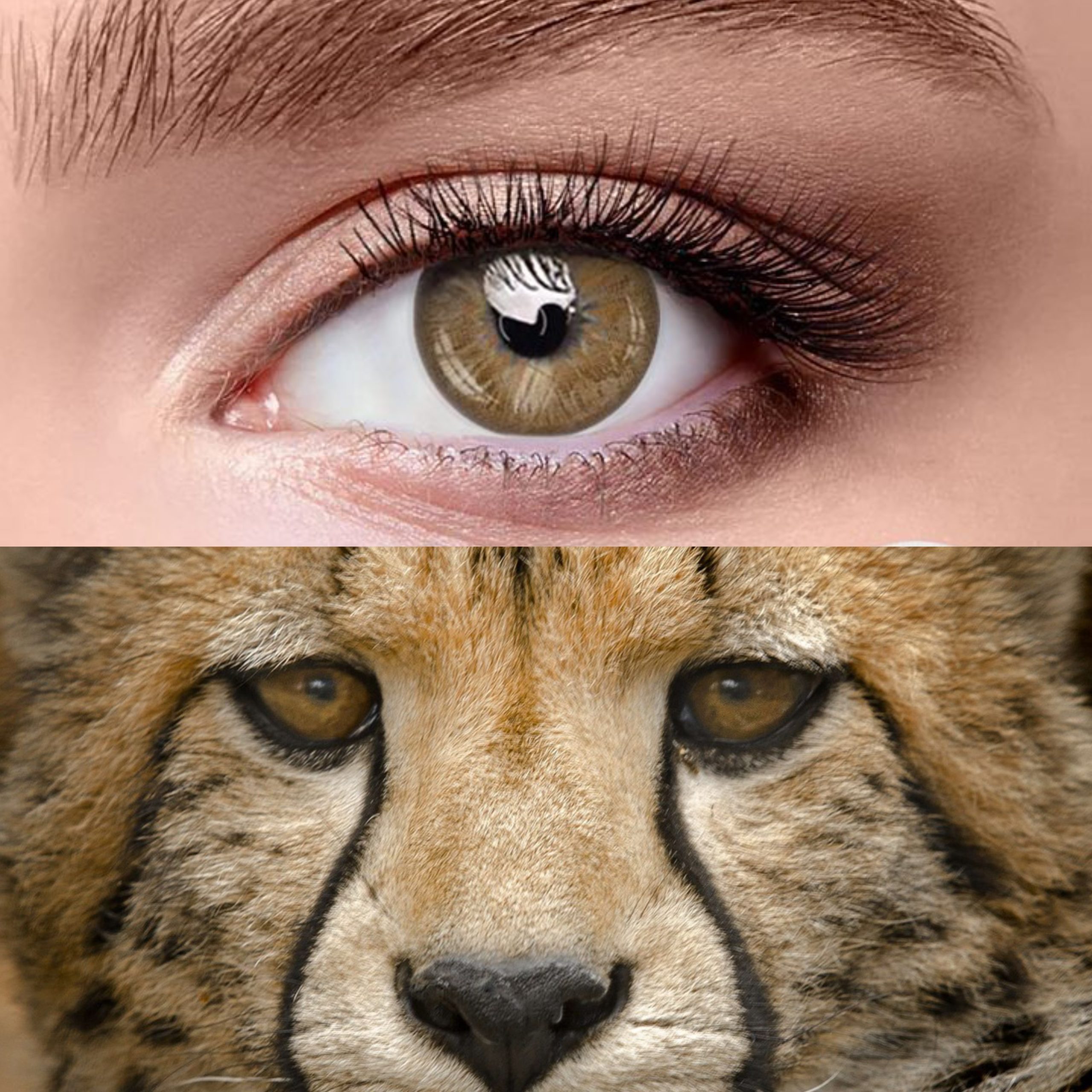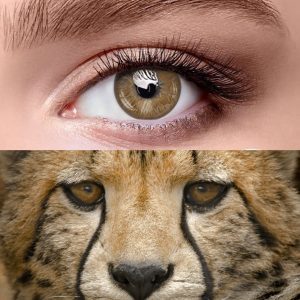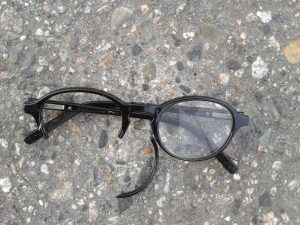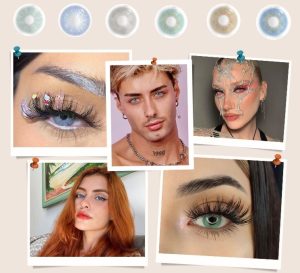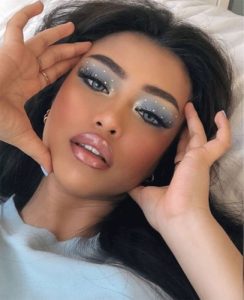For the vast majority of people with nearsightedness, glasses are the primary choice for vision correction. For those with severe nearsightedness, glasses act as a guiding beacon for our vision. However, the emergence of colored contact lenses has somewhat changed this trend. Presently, many individuals opt to wear colored contact lenses due to professional needs or to follow fashion trends. These not only correct vision but also offer a variety of lenses that change eye color, providing visual enhancement, modification, and beautification.
Table des matières
Wearing Glasses or Colored Contact Lenses?
It finally depends on your purposes.
Glasses: Addressing Different Vision Problems
Glasses are devices that correct vision through lenses that are suitable for individuals requiring routine vision correction, such as nearsightedness, farsightedness, astigmatism, or strabismus. Precise measurements by an optometrist, followed by selecting appropriate lenses and installing them into frames, grant us our new vision. The lenses of glasses can be customized according to individual visual needs, aiming to improve vision through appropriate prescriptions and lens designs. I know all of you smart guys are, but I can’t wait to share it again!
What are the advantages of wearing glasses?
Apart from correcting vision, glasses offer several advantages:
- Glasses are simple to wear and just require minimal maintenance compared to other vision correction methods.
- They act as a barrier against debris, dust, and other foreign objects, providing a level of protection for the eyes.
- Glasses generally cause less eye irritation compared to certain types of contact lenses, particularly if the eyes are sensitive.
However, wearing glasses also has some drawbacks:
For Appearance:
- Some individuals feel that wearing glasses diminishes their attractiveness, creating a somewhat dull image and potentially generating stereotypical impressions.
- Prolonged use of glasses may exert pressure on the nose bridge, particularly during adolescence, potentially altering the eye’s shape and lengthening the eye axis.
- During winter or in air-conditioned rooms, warm air or drinking hot water may cause the glasses’ lenses to fog, obstructing vision and appearance.
- Regular adjustments at professional stores are necessary to prevent discomfort caused by frame deformation on the nose or ears.
For Safety Concerns:
Glasses are not suitable during intense physical activities due to the risk of injury. For instance, during basketball, if hit in the face, the lenses could shatter, posing potential threats to facial and eye safety. Moreover, worn-out or blurry lenses should be avoided to prevent exacerbating eye problems.
Colored Contact Lenses: A Colorful Life Palette
Have you ever stopped to admire blue or green eyes on the street? Do you desire eyes similar to those? If you wish to accentuate your eye color or add personalized makeup effects for special occasions, colored contact lenses are your helpful companions.
As colored contacts are primarily designed to alter or enhance eye color, they often come in various colors, patterns, or effects, aiming to change the eye’s appearance. Of course, even those with nearsightedness can have their colored contacts! Simply choosing contacts with a prescription is good.
The Advantages of Wearing Colored Contacts:
For Aesthetics:
Wearing colored contacts can enhance eye appearance, making eyes brighter and allowing for a change of eye color, creating different styles and fashion statements. In particular, when paired with makeup and dressing, it can create a new look for you.
For Convenience:
Imagine a scenario where your glasses are suddenly damaged, causing blurred vision and hindering your immediate outing. At such times, wearing colored contacts not only enhances your eyes but also resolves the issue of blurred vision.
However, there are also some drawbacks to wearing colored contacts:
- Excessive use might lead to eye dryness, fatigue, or discomfort, potentially increasing the risk of eye infections.
- Incorrect wearing, cleaning, or changing of colored contacts may elevate the risk of eye infections. Selecting an inappropriate style for your eyes might affect the wearing experience.
- Moreover, using low-quality or ill-fitting contacts can damage the eyes.
Whether choosing glasses, contact lenses, or colored contacts, decisions should be made based on personal preferences, lifestyle, eye health, and professional advice. Luckily, as fashion trends evolve, eyewear designs have diversified to suit different preferences.
Many people now opt for a dual-style approach, wearing glasses in the morning and switching to colored contacts in the afternoon, creating a distinct contrast. And no matter what you are choosing to wear, as long as it’s well put together, it’s stylish and looks good.
Last but not least, Unicornsbeauty offers two suggestions for choosing between colored contacts and glasses:
- Consider convenience in daily use and lifestyle.
- Reflect on personal style and individuality, assessing the visual impact of wearing on attire, fashion, and appearance.


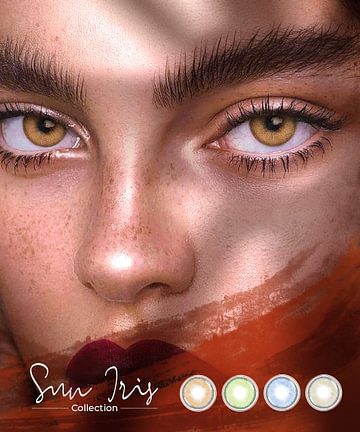
 Or
Or
